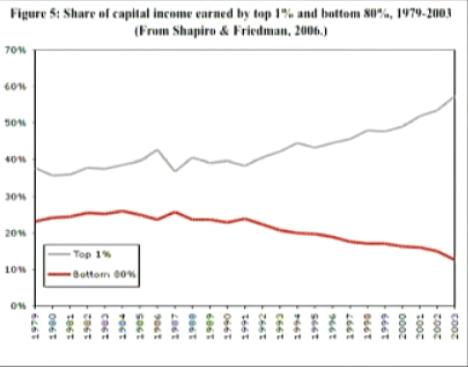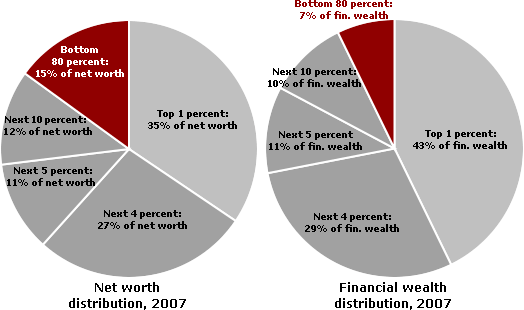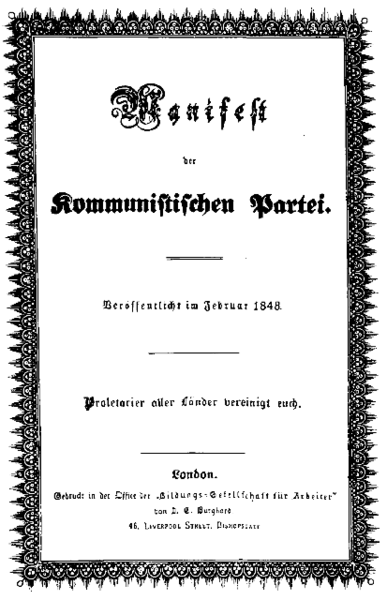
Yes, that’s “top 1%” and “bottom 80%“
Frye in The Modern Century:
In political thought there is a useful fiction known as the social contract, the sense that man enters into a certain social context by the act of getting born. In earlier contract theories, like that of Hobbes, the contract was thought of as universal, binding everyone without exception. From Rousseau on there is more of a tendency to divide people into those accept and defend the existing social contract because they benefit from it, and the people who are excluded from most of the benefits, and so feel no obligation, or much less, of it. (CW 11, 41)
From the notorious 2005 Citigroup Plutonomy memo:
➤ The World is dividing into two blocs – the Plutonomy and the rest. The U.S., UK, and Canada are the key Plutonomies – economies powered by the wealthy. Continental Europe (ex-Italy) and Japan are in the egalitarian bloc.
➤ Equity risk premium embedded in “global imbalances” are unwarranted. In plutonomies the rich absorb a disproportionate chunk of the economy and have a massive impact on reported aggregate numbers like savings rates, current account deficits, consumption levels, etc. This imbalance in inequality expresses itself in the standard scary “ global imbalances”. We worry less.
From yesterday’s Toronto Star:
In keeping with the government’s vision of making Canada a low-tax jurisdiction, the Conservatives have been gradually cutting taxes on corporate profits since 2007.
By 2015 under this plan, the share of federal government programs paid for by corporate income taxes will have shrunk to 12.3 per cent from 20.8 per cent in 2000.
Andrew Sullivan in today’s Daily Dish:
The logic behind president Obama’s budget has one extremely sensible feature: it distinguishes between spending that simply adds to consumption, and spending that really does mean investment. His analogy over the weekend – that a family cutting a budget would rather not cut money for the kids’ education – is a sound one. We do need more infrastructure, roads and broadband, non-carbon energy and basic science research, and some of that is something only government can do. In that sense, discretionary spending could be among the most important things government could do to help Americans create wealth themselves. And yet this is the only spending Obama wants to cut.
But the core challenge of this time is not the cost of discretionary spending. Obama knows this; everyone knows this. The crisis is the cost of future entitlements and defense, about which Obama proposes nothing.
When it comes to the fraud perpetrated by our society’s most advantaged (the 1% who currently own approximately 38% of national wealth), there is no social contract in any meaningful sense. There is only licenced theft rationalized by the lie that economic success is ultimately a moral issue: if you play well, you win big. After the collapse of the financial markets two years ago and the trillions of dollars of bailouts for those “too big to fail,” we are under no illusions, we know that simply isn’t true. It’s a hoax. It’s a fix. Everything about our “social contract” has been rigged for the past thirty years to transfer wealth upward at an accelerating rate, whatever economic and social vandalism is committed along the way. Our political class now has little to do with average voters — except insofar that votes against their own economic interests be must tricked out of them with promises that are never kept. Our politicians have gone from being public servants to dead eyed enablers of the rapacious corporate class who are now their only real constituency. It is a shame, and it has happened in plain view of everyone. And that makes it a big reason to worry more than we do.





